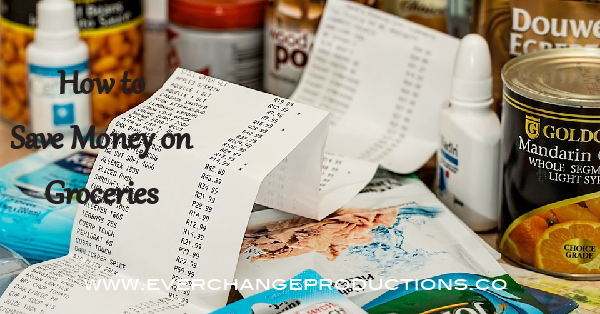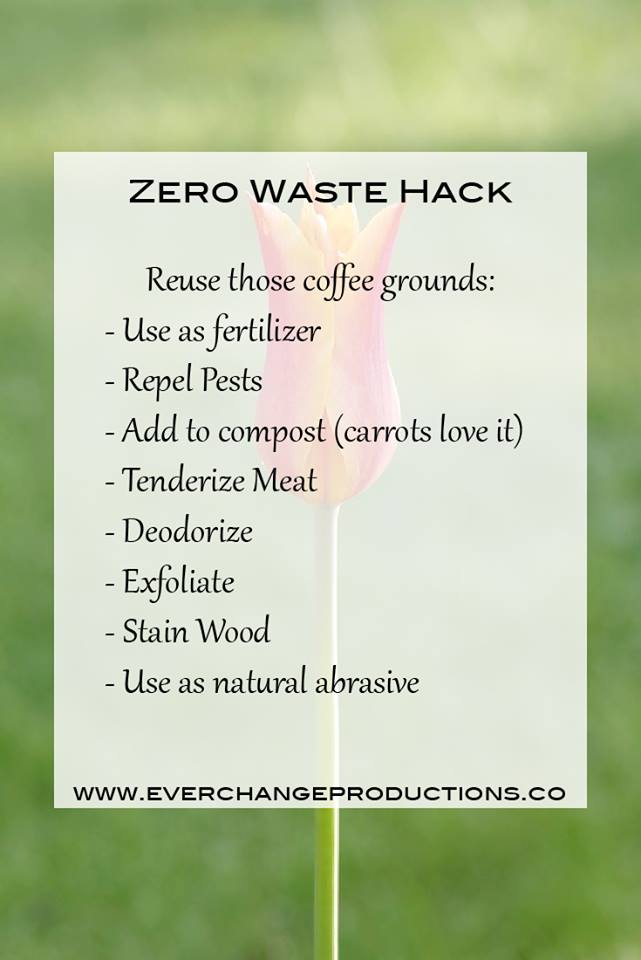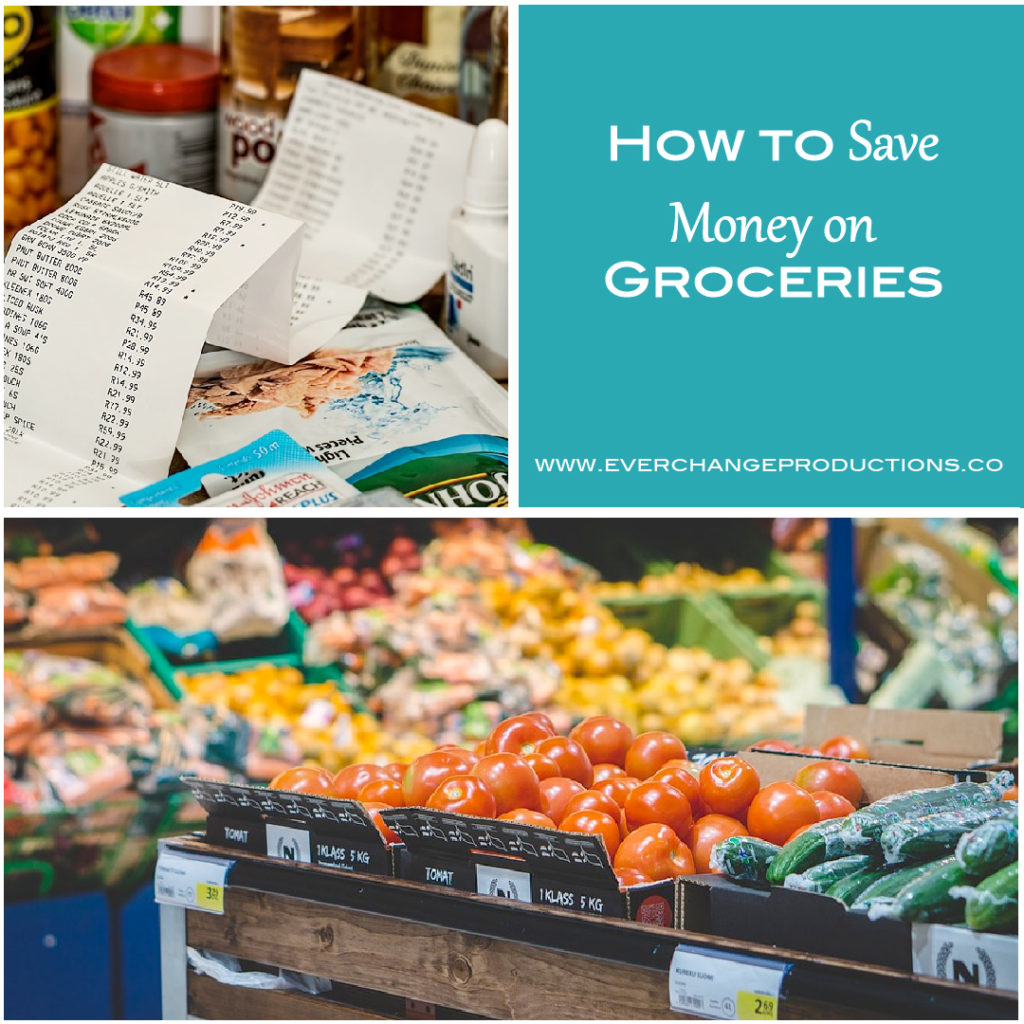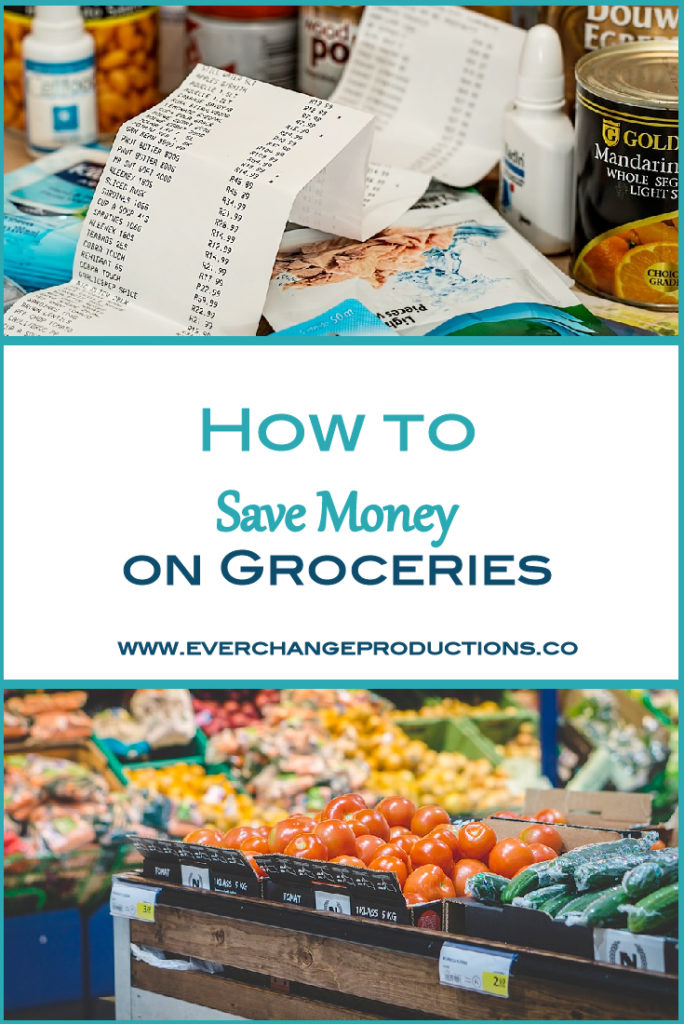Learning to save money on groceries or food in general has always been a struggle for me. I really love food and when I go to the store or go to eat, I usually want to eat everything in sight. I make sacrifices to save money in many areas, even living in an 85 degree apartment. Food however, just seems like something I can’t conquer. However, I have gotten much better.
If you’re like me and just can’t seem to say no to food, try these other tips to save money on groceries.
How to Save Money on Groceries without Coupons
I’ll be honest, after working at K-Mart and seeing how people acted when their coupons weren’t eligible for the thing they were buying really turned me off to the whole idea of couponing. Plus, I think they encourage us to buy things we don’t need. Lately, I have started looking at papers and searching for coupons, so I’ll include those tips in the sections below. In the mean time, I’d like to say really consider what you’re buying and why.
Also, be sure to treat cashiers with respect and recognize when you got the wrong items or gently bring to their attention when something doesn’t come up the right price. They’re only the messenger, not the people responsible for pricing.
Bring your own jars
Buying in bulk or from bulk bins is one of the best ways to save money on the groceries. You don’t have to give up anything! Although not everyone has access to a huge selection of bulk bins, most everyone can buy one thing or another in bulk.
I have started doing preliminary research because this is one of my personal money saving tips I’m trying to implement this year. Every ingredient for my pantry available at the bulk bins is cheaper than buying in a package. Several cents per pound will certainly add up over the year.
If you don’t have bulk bins, you can still buy many non-perishables such as beans, rice, pasta, oats, sauces, etc that can be found in bulk quantities.
Cut down on food waste
Cutting down on food waste is one of the most important ways to save money on groceries. It’s a great idea any budget because it accounts for about 25 percent of our household waste. The less food you waste the less you have to buy.
More than 40 percent of the food produced for human consumption in the U.S. will never be eaten. Food waste is still rising, having almost doubled since 1974. We are wasting more than 1,400 calories per person per day. That’s almost enough to feed an entire person!
Food waste is another benefit of buying from bulk bins. It’s much easier to get just the amount of food you need.
Again, not everyone has access to bulk bins, but there’s still plenty of other ways to cut down on food waste. Learn more about how to cut down food waste with meal planning.
Subscribe and get a FREE printables to help you plan meals and keep your pantry stocked!
Check “Best By” Dates
“Best by” dates aren’t really rules, but merely suggestions. These are voluntary labels. The only items required by federal law to be labeled for expiration are infant formula and some baby foods; some states also mandate pulling dairy from store shelves on the expiration date.
Make sure you’re not going by the “Sell by” date, which is a suggestion for the stores to follow. Food is fine for days to weeks after the “sell by” date. That being said, the “best by” date is an indicator of quality, not safety.
Use your nose, eyes and lastly taste buds to decide if something is safe to eat.
Make Your Own Bone Broth or Vegetable Stock
If learning to compost is just too much, another great food waste solution is making bone broth or vegetable stock with food scraps.
During times like the holidays when you don’t have time to make bone broth or vegetable stock, you can save your food scraps until you can get to it later. Making your own bone broth is one of the money saving tips that is also great for your health. Nothing is better than homemade bone broth!
Reuse Coffee Grounds
Finding ways to reuse those things we can’t live without is a great way to save money, especially when it comes to groceries. Coffee might be one of those things for you, but you can use them to save money in other ways. Coffee grounds work great as fertilizer, pest repellent, adding to compost, tenderizing meat, deodorizing, exfoliating, staining wood or as a natural abrasive. When you reuse items, there’s one less thing you have to buy. It’s a win-win for everyone!
Saving bacon grease
I know this might be offensive to so many groups, but if you’re still in the bacon fan club, this tip is for you. It might seem like a small thing, but every penny counts and there are many benefits for reusing bacon grease. Each time you reuse bacon grease, you’re saving yourself from using other (less yummy) options. It’s a great replacement for butter, coconut oil or other less healthy oils. Just strain it and put it in a jar for later use.
Grow Your Own Food
What’s a better way to save money on groceries than to grow your own. Every meal you eat has to travel up to 3,000 miles to reach your plate. We pay the price with our pocket books, and sometimes with our health.
Gardening has an upfront cost, but in the long run you get yummier, fresher, nutrient-dense vegetables. In the very long run, you’ll get cleaner air, water and land because food doesn’t have to travel as far to reach your plate. You also get to control how the vegetables are grown, so you’ll take better care of your land.
If you’re like me, living in a small space, you might think it’s impossible to grow your own food. But even growing little herbs or vegetables here and there is a great start. Growing your own food doesn’t take as much space as you’d think. To get started, check out this post on growing food in small spaces. It takes a bit of money up front, but you can reuse plastic containers and grow from food scraps to save money in the short term.
Compost Food Scraps
Although you can meal plan all day long, sometimes food waste will still happen. Again, reusing what you have or can’t live without is a great way to save money. Composting is a great solution for food waste because it also helps rebuild the soil. Composting often seems overwhelming but no matter how much space you have, even if you live in an apartment, you can compost.
Learn how to compost in any space.
Interested in composting, but don’t know where to start? Subscribe for access to a free quiz and find the best composting option for you.
Since we tend to look at items that are at our eye level, grocery stores know to place the more expensive items on the shelves we see first. When shopping, look at the higher and lower shelves to save money on groceries.
If you buy your groceries when hungry, you’ll purchase more than you need or buy something to snack on. Try to get the shopping out of the way on the weekends, when you can shop on a full stomach.
How to Save Money on Groceries with Coupons
Like I said previously, I’m not a huge fan of coupons, but they do have their place. These are the tips I’ve learned over the years to save money on groceries with coupons.
Don’t buy just anything
This is one of the most important rules to save money on groceries with coupons. If you don’t need it, don’t buy it. Seriously, it’s saving money 101. You’ll end up with stuff you can’t do anything with, so it’s money down the drain.
Also keep in mind, just because it’s on sale, doesn’t make it a good deal. Before you buy an item, calculate the price of the discount item, plus your coupon savings, to see if the resulting price offers a real savings.
Combine coupons with sales
Yes, a coupon will help you save a dollar or so, but combining with a sale item, you can save more money on groceries.
Think outside the brand
Do you buy groceries based on brand names? Probably not the best idea. Find quality products then find coupons to help you save on them.
If you can buy a necessary item for free or close to free, don’t worry about the brand; just take advantage of the savings.
Get in, Get out
This pretty much applies to any strategy used to save money groceries. Make a plan, get your coupons ready, go in the store to get what you need then get out. Don’t get sidetracked, and don’t make eye contact with the candy in the check out aisle.
Know the Policies
Double coupons, price matching, accept competitor coupons, or give rain checks if sale items are out of stock? Do you research for maximum opportunities to save money on groceries.
Get Organized
When you collect coupons, find a system that works best for you. Store them that you can easily access like a binder with tabs from A-Z. Some couponers prefer to file by product, using “P” for popcorn or “S” for salad dressing, while others file by brand name; “A” for Aunt Jemima Waffles or “V” for Vlassic pickles. Also, sort coupons by expiration dates.
Know the prices
For every item in your pantry, you need to know:
The Average Price
To get the best deals when shopping, understand the typical price points for items you buy on a regular basis. When the items go on sale, you will be better equipped to know if the sale price is really a deal.
The Deal Price
This is the price you want to pay for an item when the item is on sale, and you have a coupon. When you find groceries at the deal price, buy enough to last until the next sale.
Rock Bottom Price
When a sale and a coupon results in the lowest price you’ve ever seen for the item, collect as many of the items as you can.
Present Your Coupons in a Certain Order
Presenting the coupons in a certain order will maximize savings. If you have a coupon for $5 off of a $30 purchase, for example, use that coupon first. Other coupons might negate the $5 coupon by discounting the total amount of the sale to less than $30.
Use the Overage
An overage occurs when your coupons exceed the sale price of an item, the dream of all great couponers. Many stores do not give you cash back for this overage, but will apply the overage towards other items in your shopping cart.
Don’t forget to pin these grocery money saving tips for later!



